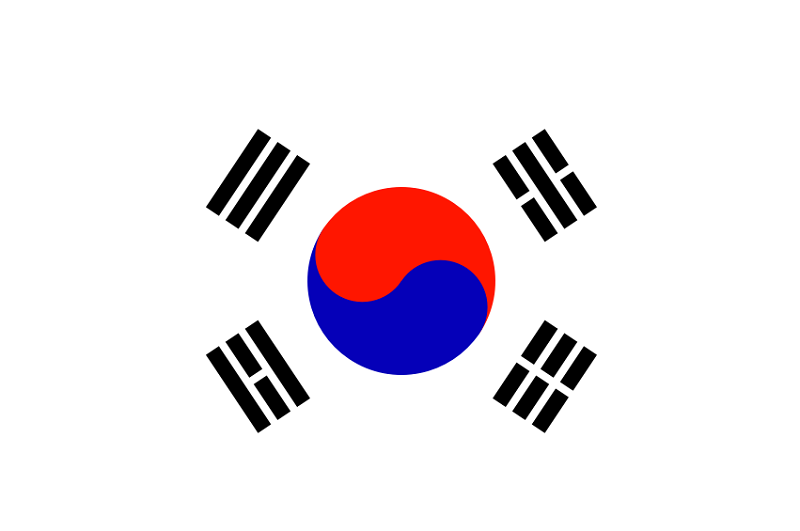

South Korea will remove most pandemic restrictions, including indoor gathering limits, as it slowly wiggles out of an omicron outbreak officials say is stabilizing.
People will still be required to wear masks indoors, but authorities could remove an outdoor mask mandate if the coronavirus further slows over the next two weeks, Health Minister Kwon Deok-Cheol said in a government briefing Friday.
Starting next week, authorities will remove a 10-person limit on private social gatherings and lift a midnight curfew at restaurants, coffee shops, and other indoor businesses. Officials will also remove a ban on large political rallies and other events involving 300 or more people.
People will be allowed to eat inside movie theaters, religious facilities, bus terminals, and train stations starting on April 25.
The new measures were announced as the country reported 125,846 new cases of the coronavirus, continuing a weekslong downward trend after infections peaked in mid-March. The country’s one-day record was 621,187 on March 17.
While health workers reported 264 virus-related deaths in the latest 24 hours, more than half of the country’s 2,800 COVID-19 intensive care units remained available.
Kwon pleaded that people remain vigilant against the virus, saying officials will be forced to tighten social distancing again if the pandemic brings another huge wave of infections.
He said it has become difficult to prolong social distancing rules, considering people’s fatigue and frustration with extended restrictions and the toll on the service sector economy. Social distancing measures have become less effective as tools to slow transmissions because omicron has been so much more contagious than previous variants of the virus, said Son Youngrae, another Health Ministry official.
Omicron has forced South Korea to abandon a stringent COVID-19 response based on mass laboratory tests, aggressive contact tracing, and quarantines to focus limited medical resources on high-risk groups, including people 60 and older and those with preexisting medical conditions.
Starting in late May, officials will remove a mandatory seven-day quarantine period for COVID-19 patients and allow them to receive treatment at hospitals and local clinics just like other illnesses.
The country had already eased quarantine restrictions and stopped requiring adults to show proof of vaccination or negative tests when entering potentially crowded spaces like restaurants so that more public and health workers could respond to rapidly expanding at-home treatments. More than 900,000 virus patients have been asked to isolate at home to save hospital space.